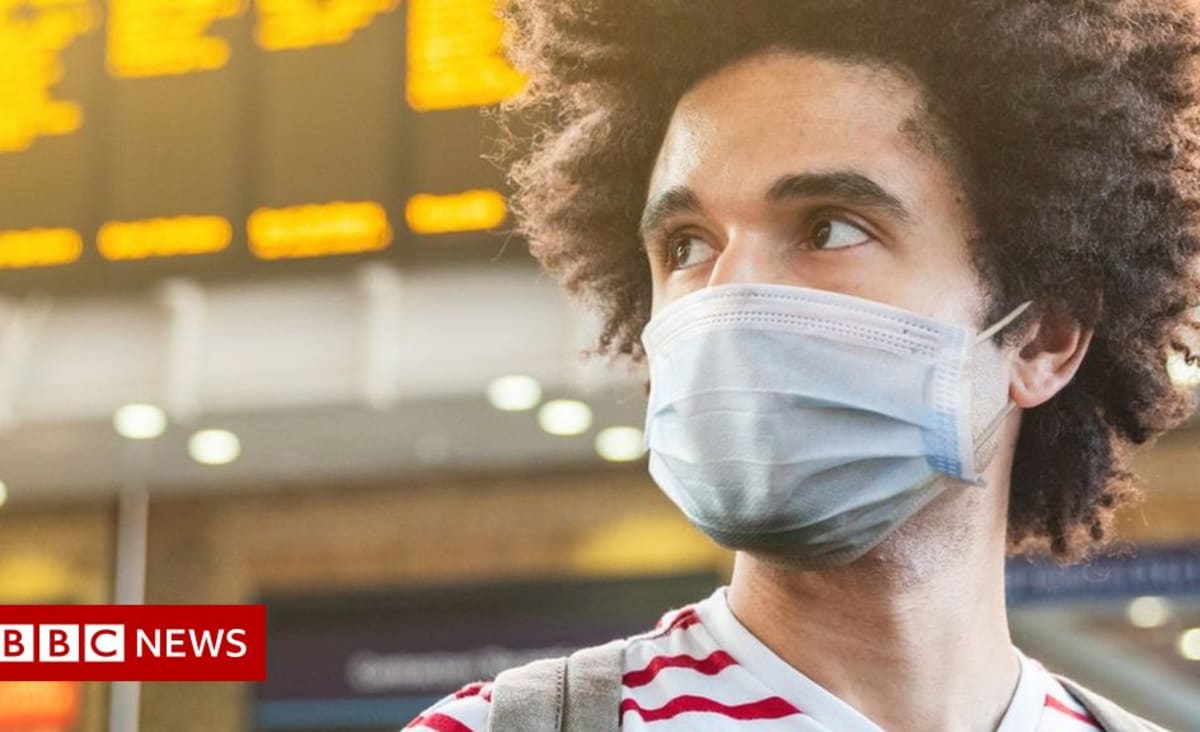This post may refer to COVID-19
To access official information about the coronavirus, access CDC - Centers for Disease Control and Prevention.

www.bbc.com
Is catching Covid now better than more vaccine?
Now we have some protection, do we need to keep boosting or can nature take its course?
Health
There are marked differences in your immune system after a natural infection with coronavirus and after vaccination.
Which is better?
Even asking the question bordered on heresy a year ago, when catching Covid for the first time could be deadly, especially for the elderly or people already in poor health.
Now, we're no longer starting with zero immunity as the overwhelming majority of people have either been vaccinated or have already caught the virus.
It is now a serious question that has implications for whether children should ever be vaccinated. And whether we use the virus or booster shots to top up immunity in adults. Both have become contentious issues.
"We could be digging ourselves into a hole, for a very long time, where we think we can only keep Covid away by boosting every year," Prof Eleanor Riley, an immunologist from the University of Edinburgh, told me.
Prof Adam Finn, a government vaccine adviser, said over-vaccinating people, when other parts of the world had none, was "a bit insane, it's not just inequitable, it's stupid".
The anatomy of immunity
We need to understand a little bit about the key building blocks of both our immune system and the virus it is attacking.
The power-couple of the immune system that clears the body of infection are antibodies and T-cells. Antibodies stick to the surface of the virus and mark it for destruction. T-cells can spot which of our own cells have been hijacked by the virus and destroy them.
For all the trouble the virus has caused, it is spectacularly simple. It has the famous spike protein, which is the key it uses to unlock the doorway into our body's cells. And 28 other proteins that it needs to hijack our cells and make thousands of copies of itself. (For comparison it takes about 20,000 proteins to run the human body).
There are four key areas to compare vaccine and natural infection with the virus.
Breadth
How much of the virus the immune system learns to attack
You get a broader immune response after being infected with the virus than vaccination.
Whether you've had Moderna or Pfizer or Oxford-AstraZeneca, your body is learning to spot just one thing - the spike protein.
This is the critical part of the virus to make antibodies to, and the results - by keeping most out of hospital - have been spectacular.
But having the other 28 proteins to target too, would give T-cells far more to go at.
"That means if you had a real humdinger of an infection, you may have better immunity to any new variants that pop up as you have immunity to more than just spike," said Prof Riley.
Strength
How well it stops infection or prevents severe disease
We know there have been cases of people catching the virus twice (re-infection) and of being vaccinated and catching Covid (known as breakthrough infection).
"Neither gives you complete protection versus infection, but the immunity you get from either seems to protect you pretty well from serious illness," said Prof Finn, from the University of Bristol.
Antibody levels are, on average, higher about a month after vaccination than infection. However, there is a huge gulf in antibodies between those who are asymptomatic (who don't make very much) and those who get a severe bout of Covid.
The biggest immune response comes from people who caught Covid and were then vaccinated. We're still waiting for data on what happens the other way round.
Duration
How long does protection last?
Antibody levels have been shown to decline over time, although this may not be important for preventing severe disease.
The immune system remembers viruses and vaccines so it can respond rapidly when an infection is encountered.
There are "memory T-cells" that linger in the body, and B-cells remain primed to produce a new flood of antibodies on demand. There is evidence of immune responses more than a year after infection and vaccine trials have also showed lasting benefit.
"In terms of durability, we're still waiting to see," said Prof Peter Openshaw, from Imperial College London.
Location
Where in the body is the immunity?
This matters. There is a whole different suite of antibodies (known as immunoglobulin As) in the nose and lungs, compared with those (immunoglobulin Gs) that we measure in the blood.
The former is more important as a barrier to infection. Natural infection, because it is in the nose rather than a jab in the arm, may be a better route to those antibodies, and nasal vaccines are being investigated too.
Prof Paul Klenerman, who researches T-cells at the University of Oxford, said: "The location of an infection makes a difference even if it's the same virus, so we would expect important differences between natural infection and vaccines."
























































